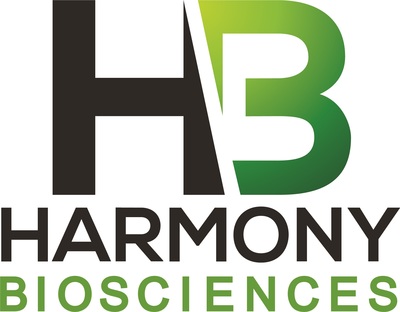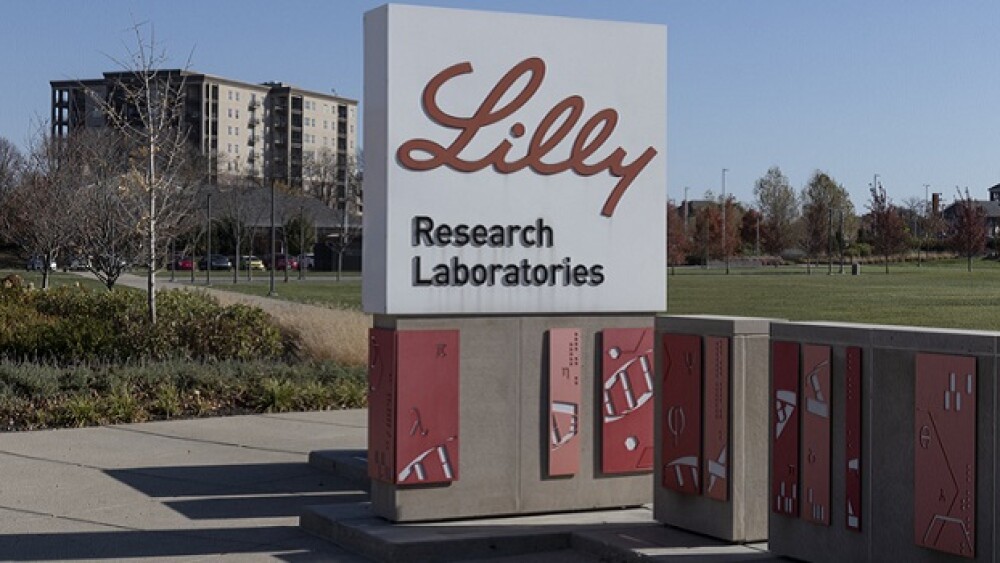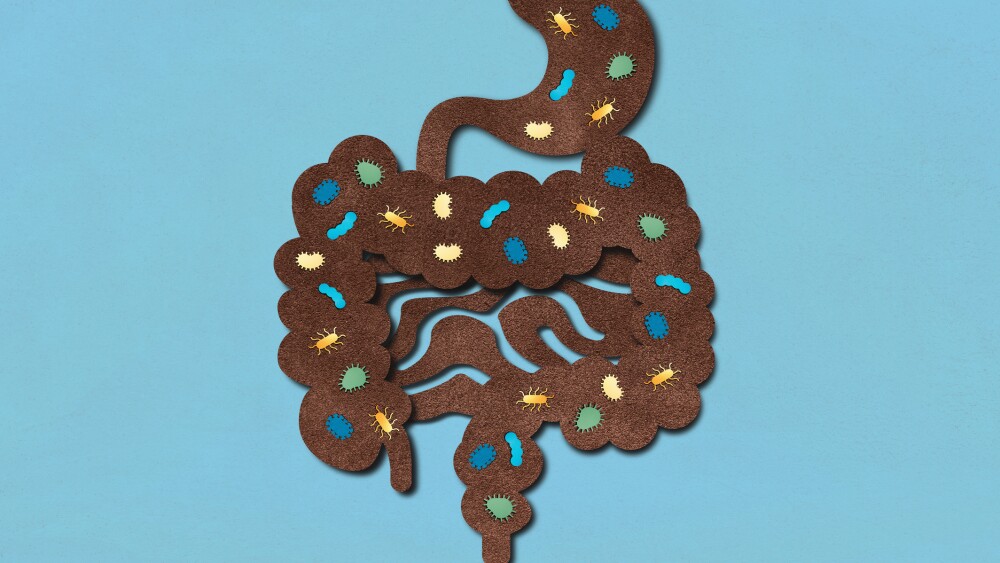Harmony Biosciences Holdings, Inc. (“Harmony”) (Nasdaq: HRMY), a pharmaceutical company dedicated to developing and commercializing innovative therapies for patients living with rare neurological disorders who have unmet medical needs, today announced the first patient has been enrolled in a Phase 2 trial eval
| PLYMOUTH MEETING, Pa. and CHICAGO, Dec. 15, 2020 /PRNewswire/ --Harmony Biosciences Holdings, Inc. (“Harmony”) (Nasdaq: HRMY), a pharmaceutical company dedicated to developing and commercializing innovative therapies for patients living with rare neurological disorders who have unmet medical needs, today announced the first patient has been enrolled in a Phase 2 trial evaluating the safety and efficacy of pitolisant for the treatment of excessive daytime sleepiness (EDS) and other key symptoms in patients with Prader-Willi Syndrome (PWS). “We view pitolisant as a portfolio in a product opportunity and are taking a mechanism-based approach to drug development in managing its life cycle with the goal of expanding its clinical utility,” said Harmony’s Chief Medical Officer, Jeffrey Dayno, M.D. “We believe pitolisant could offer an important therapeutic benefit in people living with PWS based on preclinical models of the disorder, pitolisant’s demonstrated efficacy in improving EDS in patients with narcolepsy, and anecdotal evidence in patients with PWS. We look forward to continuing our collaboration with the Foundation for Prader-Willi Research, the Prader-Willi Syndrome Association USA, and the patient and family community as we advance our development program in order to help address this unmet medical need.” PWS is a genetic orphan/rare neurological disorder with many of the symptoms resulting from hypothalamic dysfunction. The hypothalamus is the part of the brain that controls both sleep-wake state stability and signals that mediate the balance between hunger and satiety. The hypothalamic dysfunction in patients with PWS results in two of the main symptoms of the disorder: EDS and hyperphagia (an abnormally increased appetite for and consumption of food). Other features include low muscle tone, short stature, behavioral problems and cognitive impairment. Approximately 15,000 to 20,000 people in the U.S. live with PWS, and over half of them experience EDS. “We support and encourage research that can potentially help reduce the symptom burden for children and adults living with PWS. We are grateful that Harmony is studying pitolisant in a clinical trial, which may bring us one step closer to finding an important therapeutic advancement,” said John Walter, Chief Executive Officer, Foundation for Prader-Willi Research and Paige Rivard, Chief Executive Officer, Prader-Willi Syndrome Association USA in a joint statement. The Phase 2 clinical trial is a randomized, double-blind, placebo-controlled study designed to assess the safety and efficacy of pitolisant in patients with PWS ages 6-to-65. An estimated 60-70 patients will be enrolled at approximately 10 sites across the United States. Patients will be randomized to receive one of two doses of pitolisant or placebo for eight weeks of stable dosing following a three-week titration period. The trial’s primary objective is to assess improvement in EDS as measured by the Multiple Sleep Latency Test. Topline results are anticipated in the first half of 2022. Patients who complete the trial will be eligible to participate in an open-label extension phase to assess the long-term safety and effectiveness of pitolisant. “I have seen first-hand the debilitating effects this rare disease can have on patients with Prader-Willi Syndrome,” said Dr. Daniel Glaze from Baylor College of Medicine and Texas Children’s Hospital, and investigator in the Phase 2 clinical trial. “Excessive daytime sleepiness is more common in patients with PWS than previously appreciated and results in significant impact on daily functioning. In addition, EDS has not been studied in clinical trials to date in patients with PWS. I look forward to participating in this trial to assess the effect of pitolisant on EDS and other related symptoms.” Pitolisant is marketed as WAKIX® in the U.S. for the treatment of EDS or cataplexy in adult patients with narcolepsy. About WAKIX® (pitolisant) Tablets Important Safety Information WAKIX prolongs the QT interval. Avoid use of WAKIX in patients with known QT prolongation or in combination with other drugs known to prolong the QT interval. Avoid use of WAKIX in patients with a history of cardiac arrhythmias, as well as other circumstances that may increase the risk of the occurrence of torsade de pointes or sudden death, including symptomatic bradycardia, hypokalemia or hypomagnesemia, and the presence of congenital prolongation of the QT interval. The risk of QT prolongation may be greater in patients with hepatic or renal impairment due to higher concentrations of pitolisant; monitor these patients for increased QTc. Dosage modification is recommended in patients with moderate hepatic impairment and moderate or severe renal impairment. WAKIX is not recommended in patients with end-stage renal disease (ESRD). In the placebo-controlled clinical trials conducted in patients with narcolepsy with or without cataplexy, the most common adverse reactions (≥5% and twice placebo) for WAKIX were insomnia (6%), nausea (6%), and anxiety (5%). Other adverse reactions that occurred at ≥2% and more frequently than in patients treated with placebo included headache, upper respiratory infection, musculoskeletal pain, heart rate increased, hallucinations, irritability, abdominal pain, sleep disturbance, decreased appetite, cataplexy, dry mouth, and rash. Please see the Full Prescribing Information for WAKIX for more information. About Harmony Biosciences Forward Looking Statement Harmony Biosciences Media Contact: Nancy Leone Harmony Biosciences Investor Contact: Lisa Caperelli
SOURCE Harmony Biosciences | ||
Company Codes: NASDAQ-NMS:HRMY |





